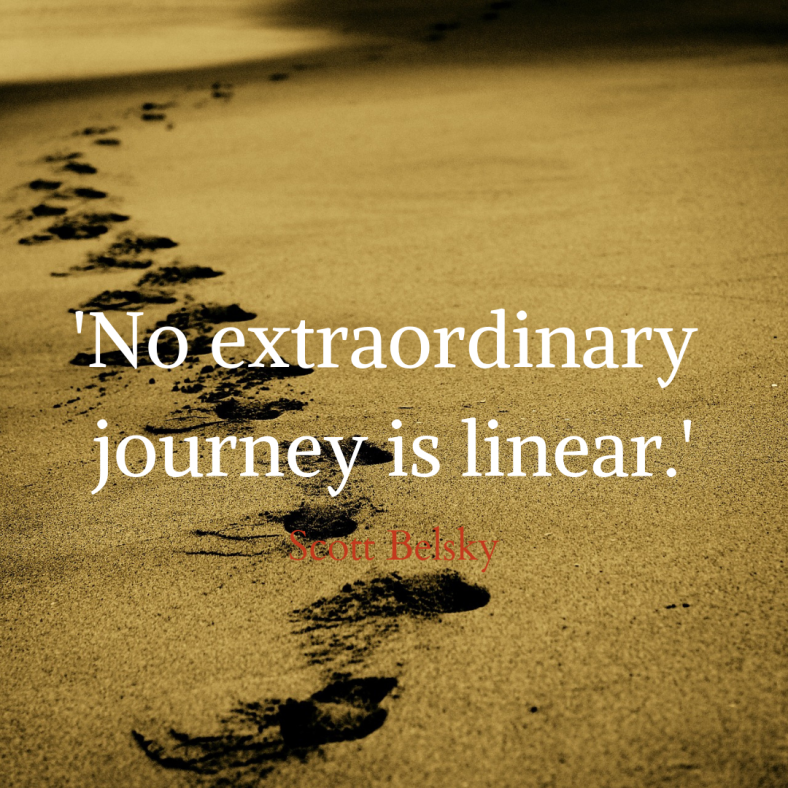
This is my husband. He is a former soldier and returned serviceman who served in the army for 35 years like his father. He is not attending a formal Anzac Day ceremony today. Like many of his former colleagues, he no longer feels comfortable doing so. Instead, we are alone at the old cenotaph in Randwick where ceremonies used to be held, paying our private respects to the memory of those who served and fell defending Australia amid the light rail building work.
Why are we not at a ceremony when increasing numbers of Australians revere the day? We could be at Coogee watching the sunrise over the sea.

First and foremost, my husband resents the hijacking of Anzac Day by religion, and specifically by Christianity. For several years now at Coogee we have endured some dithering priest’s hymns, prayers and long rambling speeches that have had little to do with soldiers or war. He, and I, both found this disrespectful, particularly given the Church’s chequered past as finally revealed during the recent Royal Commission. (While I am no returned soldier, I have served my country in places of violence and risked my life.) Anzac Day should not be regarded as an opportunity to proselytise.
Second, there is the hijacking by those who see Anzac Day as an opportunity to gamble and drink. My husband, like many of his soldier mates, questions what gambling has to do with Anzac Day, and in many ways alcohol too. Sure, some former and present soldiers like to gamble, sure some who saw action drink to forget on a day of remembrance, but these close associations feel to him like another detraction from the real purpose of the day.
Third, there’s this jingoistic glorification of soldiers, which makes him squirm. Perhaps this is a sign of how desperate Australians are to latch onto something meaningful in a world that is, on the surface at least, preoccupied with the superficial, materialistic and ultimately dissatisfying?
Similarly, he deplores the politicisation of the day, which began with John Howard and was supported by a largely irrelevant and unrepresentative RSL eagerly jumping on the band wagon to regain some credibility. And then there’s the commercialisation by organisations such as the AFL who last night bizarrely confused footballers for soldiers in machismo exploitation.
Fourth, the specific day we have chosen to remember the fallen is one he questions. As Paul Keating pointed out, there are better options. I feel great empathy for those men who lost their lives on Anzac Day and their families. They were victims of negligent planning and leadership, to say the least. But why can we Australians not recognise our wins too?
Perhaps if we had fully come to terms with our past by creating a treaty that acknowledged our bloody history with the Aboriginal people, and if we had created a Magna Carta type charter to define our values and citizens’ rights we would no longer be floundering for an identity. It’s not too late.
On this day, I am always reminded of the two ceremonies I attended in East Timor in 2000 and 2003. Like our simple ceremony today, as the sun rose there was largely silence and reflection among the soldiers and civilians, along with respect and remembering, not postulating or evangelising by largely self-interested organisers.


